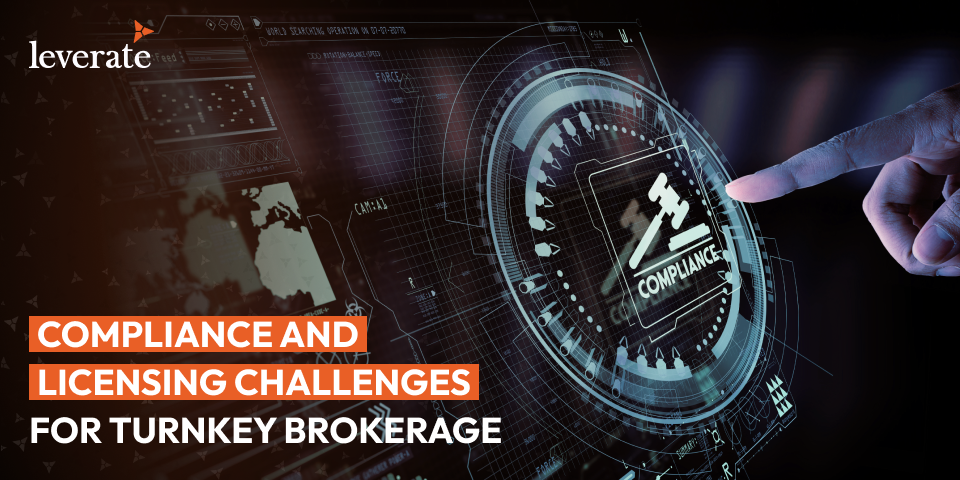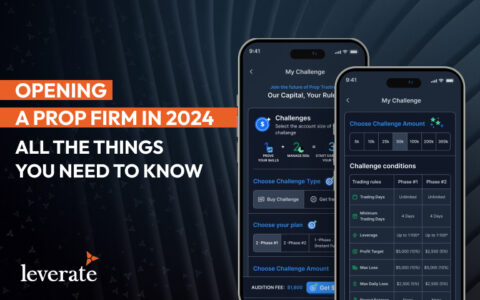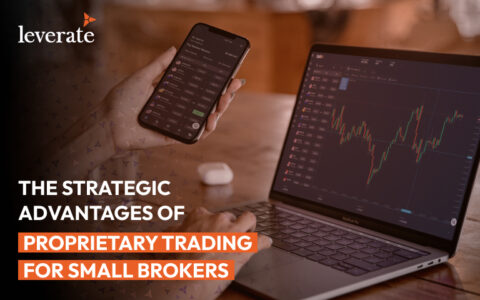
Not long ago, a savvy entrepreneur could launch an FX/CFD/Crypto brokerage in a short period of time. All it took was a white-label trading platform, some capital, a website, a liquidity provider, a relationship with one or more banks, EMIs, and payment service providers, and a registered office in some exotic locations like Saint Vincent and the Grenadines.
Nowadays, that lack of sophistication is impossible to fathom as today’s turnkey brokerage needs to consider a lot more. A few years ago, regulators all over the world started insisting on better reporting and transparency from multi-asset brokers and, almost in lockstep, the General Data Protection Regulations (GPRD) took the world by storm, and FX/CFD/Crypto brokers were certainly not exempt.
Regulation and the Modern CRM
These two events gave birth to modern Customer Relationship Management systems like Leverate’s LXCRM which can be employed independently or packaged with the SiRiX Venture Turnkey Solution for brokers. Now, among myriad other requirements, regulators all over the world require any brokerage to have a top-notch CRM.
Banking and Receiving Payments
Leverate is proud of its partnerships with third-party vendors as this is critical in getting a turnkey brokerage up and running as soon as possible. One of these areas is that of the Payment Service Provider (PSP). Retail trading customers are scattered all over the globe and all have access to different means of depositing into the turnkey broker’s bank account and all this must be coordinated and centralized.
These days, obtaining bank accounts, one for the brokerage operation and another segregated account for client funds is almost impossible without a proper license from a recognized jurisdiction.
Which License is for the Turnkey Broker?
The FX/CFD/Crypto broker needs a license from whichever jurisdiction they hope to get client deposits. For example, an FCA license will cover the UK, a CySEC (Cyprus) license will cover all of the EU, an ASIC license will cover Australia, etc. Not only are licenses from these major markets expensive, but the turnkey broker will also have to have large capital reserves to maintain them. Also, the ongoing cost of compliance with these regulators is quite costly with staff, offices, and fees.
Another consideration for the turnkey broker is the difference in cost for running its trading as an A-book Straight-Through-Processing (STP) model or as a B-book Market Maker. The difference in cost and required capital reserves are substantial. Also, these three major jurisdictions have completely different attitudes, costs, and regulations regarding cryptocurrency CFDs and exchanges.
There are many offshore jurisdictions where you may obtain a license and offer services to clients in multiple countries like Mauritius, Seychelles, Vanuatu, and many more, or a mid-shore license from say, Labuan. However, they all have different regulations regarding leverage, crypto trading, market making, and banking. Some can be put in place quickly but lack sophistication in banking; others may take longer but afford the turnkey broker more flexibility, security, and lower running costs.
Another key activity to consider is marketing. Many countries will not allow you to advertise or offer promotions no matter where you are licensed. Most national governments take this quite seriously and will act against a broker. So, for the modern turnkey broker, such as a client of Leverate’s SiRiX Venture, due diligence and homework must be done when choosing the target geographical market and selecting the appropriate license for each jurisdiction.



